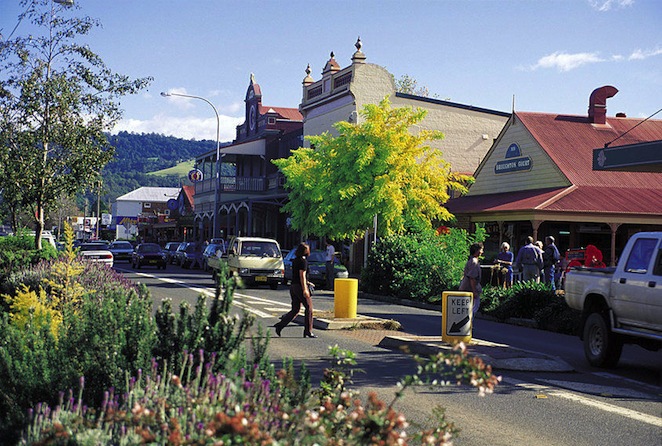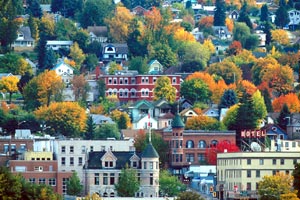Northern Cyprus
Find Eduxpress Programmes
In North Cyprus, there are currently 8 Universities of which 6 are local and 2 are branches of Turkish universities. 21% of students are overseas students from more than 70 different countries. Overseas student number, which was about 2,500 in 2009-2010 academic year, increased by more than 4 times to reach 11,250 in the current academic year.
All universities in North Cyprus offer study programmes recognized by the National Ministry of Education, Youth and Sports and the Higher Education, Planning, Accreditation and Coordination Council (YODAK). Students from Turkey are recruited to the programs in our Universities through the Central Placement Examination organised by the Higher Education Council (YOK) in Turkey.
In north Cyprus, tertiary education is conducted at both public and private institutions. Each university consists of faculties and schools offering degree programmes and various other degrees as follows:
Northern Cyprus, officially the Turkish Republic of Northern Cyprus, is a self-declared state that comprises the north-eastern part of the island of Cyprus. The international community considers Northern Cyprus an occupied territory of the Republic of Cyprus. The official language is Turkish, but English is also widely spoken as a second language.
North Cyprus location is at the crossroads of Europe, Middle East, Asia and Africa. Closest neighbouring locations are Turkey, South Cyprus, Lebanon, Greece, Egypt, Israel and Syria.
Nicosia (Lefkosa) is the capital of North Cyprus, through which runs the boundary, or as it is called `The Green Line’ separating the North from South Cyprus.
As a strategic location in the Middle East, Cyprus has a very historic past and has been colonized and ruled by many great powers of the world, including the empires of the Assyrians, Egyptians, and Persians, from whom Alexander the Great seized the island in 333 BC. Subsequent rule by Ptolemaic Egypt, the Roman Empire, the Byzantines, Arab caliphates for a short period, the French Lusignan Dynasty, and the Venetians, was followed by the Ottoman conquest in 1571. It remained under Ottoman control for over three centuries. Cyprus was placed under British Administration in 1878 until it was granted independence in 1960. Between 1963 and 1974, Greeks and Turks on the island fought a long war. The Republic of Turkey intervened and joined forces with the Turkish Cypriots. The North declared its independence in 1983 under the name of the Turkish Republic of Northern Cyprus (TRNC). The UN and the Republic of Cyprus rejected this unilateral declaration of independence.
North Cyprus has a completely separate government and financial system, which does not use the Euro. In North Cyprus the banking system is functioning as usual and, thankfully, it is not affected by any financial problems. The local currency is the Turkish Lira ( Turk Lirasi, TL). The major industries in North Cyprus are tourism, education and agriculture, which all belong to the services sector.



